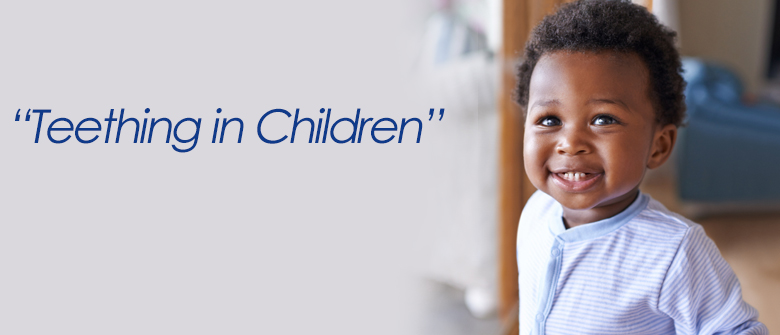Teething can be painful time for you and your baby. It’s a distressing process that your baby has to go through but there are ways you can ease the pain of teething and provide some comfort.
When does Teething Start?
It usually starts when your baby is around 6 months old. However, it has been known to start as early as 3 months and as late as 12 months.
The lower front teeth start to come through first, followed by the upper front ones 1-2 months later.
When your baby is 3 years old they should have a full set of 20 primary teeth. These will be his teeth for the next 6 years so look after them, especially the gums as they last for a lifetime!
What are the symptoms? Is Teething painful?
Some babies can be fussier than usual during teething. Their gums are sore and swollen causing discomfort and there can be a spot of bleeding as the teeth come through.
The symptoms usually appear 3-5 days before the first tooth comes through. These symptoms should subside once this first tooth has broken through the skin but in some cases can continue afterwards. Some lucky babies don’t even feel the effects of teething.
You’ll suspect your baby is teething if you notice they’re chewing on their fingers or toys. They may also refuse to eat and drink because of the soreness of their gums. Drooling is a common side effect of teething; this can dry out the skin causing a rash on your baby’s chin, face or chest. So rubbing a gentle moisturiser or petroleum jelly on your baby’s chin is recommended to soothe the rash.
These are all mild symptoms that should improve with time. However, if your baby is extremely distressed contact your doctor for further advice and treatment.
Teething Treatments
The most you can do is comfort your baby, there isn’t a fully effective treatment to get rid of the pain but it can be eased.
Use a clean finger, cold teething ring or oral hygiene wipes to gently rub your baby’s gums for about 2 minutes at a time. Many babies find this soothing, although it might not sound like they do at first! Give your baby something cool to chew on, such as a chilled teething ring or a whole peeled carrot. Make sure they are constantly supervised when chewing on an object.
This only applies if your baby is on solid foods! Your baby may get relief from eating cold foods such as apple puree or yoghurt straight from the fridge. Don’t give them biscuits though; sugar is bad for their teeth!
If your baby has a temperature as well as teething pain, it might actually be an ear infection. Contact your doctor if you are concerned it is an ear infection.
Source: Baby Centre & WebMD




